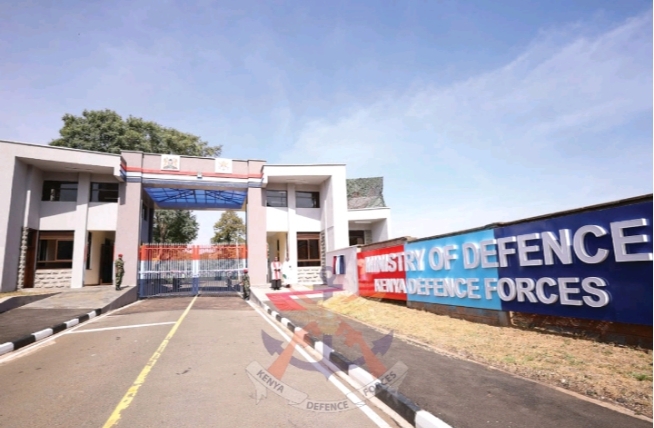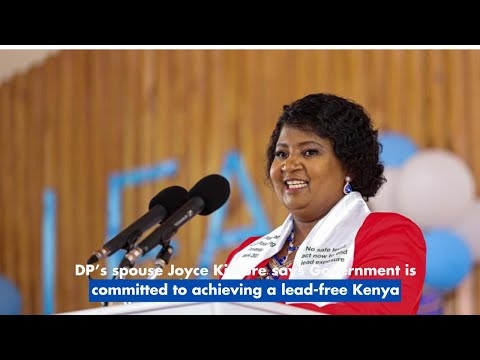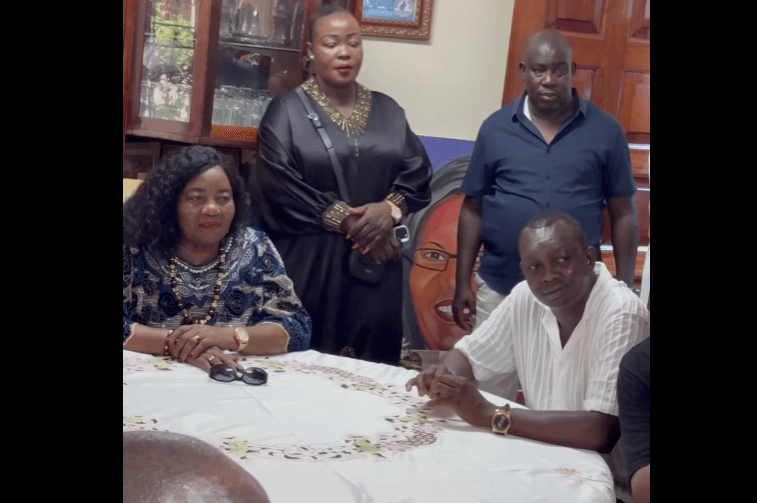Members of Parliament are plotting to review far-reaching regulations that were implemented during retired President Uhuru Kenyatta's tenure without approval of the House.
President William Ruto's Kenya Kwanza camp is leading the charge in Parliament that might overhaul some of the sweeping policies.
The Committee on Delegated Legislation of the National Assembly is pushing to have the regulations introduced afresh for compliance review.
If brought back to the House, Parliament has powers to either throw them away, make amendments or pass them wholly the way they are.
The contentious Central Bank of Kenya cash withdrawal and deposits regulations, that were enacted to curb illegal financial flaws, are part of the laws facing possible overhaul.
MPs have faulted CBK for unilaterally implementing the measures without receiving approval from the House.
President William Ruto had signalled that the policy was counterproductive and needed to be reviewed.
Under the regulations, no bank should allow a client to either deposit or withdrawal an amount exceeding Sh1 million before disclosure as to the source and explanation for expenditure.
The CBK had in October 2018 published a circular to governor the regulations that are in line with Section 33 of the Banking Act.
Customers who make large cash withdrawals are required to fill a form issued by their banks explaining where the money is being taken or where it has come from.
Delegated Legislation Committee Chairperson Samuel Chepkonga(Ainabkoi) said the House will have to regularise the regulations for them to be legal.
“We can use article 125 to summon those entities and persons to appear before the committee to present those regulations for compliance to ensure that they comply with the law. It is unfair to subject Kenyans to laws that are unconstitutional,” said Chepkonga.
Also to be reviewed by House is the policy on the Competency Based Curriculum (CBC) which MPs say was rolled out without the approval of Parliament.
The controversial curriculum is under public participation as President William Ruto's administration pushes for sweeping reviews after huge public outcry.
There are also the regulations by the Salaries and Remuneration Commission (SRC) that were issued in 2021 and which significantly abolished MPs’ plenary sitting allowance.
The regulations had slashed befits for MPs including their salaries.
At the same time, Parliament will review the National Government Constituency Development Fund (NG-CDF) regulations.
“These are regulations that have the force of the law but were never brought before the House through the CDF Committee,” said Chepkonga.
“It is unfair to subject Kenyans to laws that are unconstitutional.”
MPs will also be summoning the Teachers Service Commission over the implementation of the delocalisation policy without MPs approval.
They have accused TSC of usurping the mandate of Parliament by effecting sweeping and radical regulations that are “illegal” because they were never brought before the House.
Only two weeks ago, MPs passed a motion to compel TSC to reverse the policy even as the House seeks ways of reviewing the law for compliance.
The Committee on Delegated Legislation is mandated to consider statutory instruments submitted to Parliament for consideration.
It is expected to consider any statutory instrument and check whether it is in accord with the Constitution.
In doing this, the committee checks whether the statutory instruments infringe on the fundamental rights and freedoms of the public and whether the statutory instruments make unusual use of power conferred by the Constitution.






![[PHOTOS] Council of Governors visits Raila's grave](/_next/image?url=https%3A%2F%2Fcdn.radioafrica.digital%2Fimage%2F2025%2F10%2F59c8111a-6f0d-4719-8587-7e965c4bdd34.jpg&w=3840&q=100)





